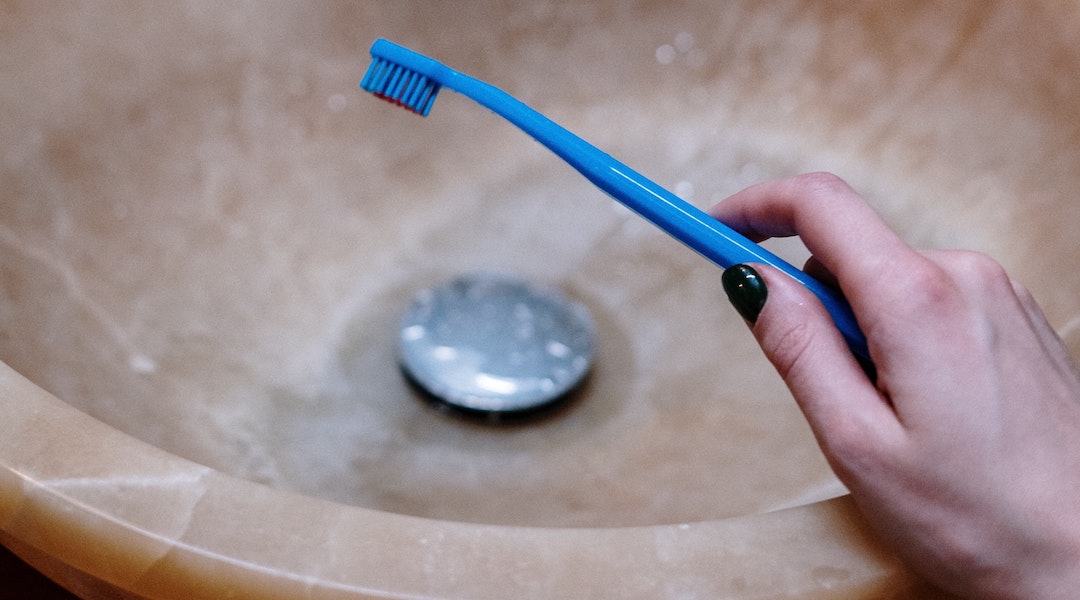Electric Toothbrushes—Are They Superior?
As we head into 2021 with better days promised in the future, Covid is still the backdrop to our lives and continues to affect just about everything we do. For more than a year, our energies have been focused—of necessity—on our homes. As a result, details and choices that in “normal” times get swept away in the speedway called life have instead jumped to the forefront for our consideration.
Here’s a personal example of that new dynamic during the pandemic; it turns out to be the subject of this newsletter. I have spent considerable time wondering if the electric toothbrush is some kooky, new-millennium, unnecessary item to ponder for those of us with too much time on our hands. I’ve done a little research, though; and, okay, it seems it’s not a random, off-the-wall subject.
Let’s start with the basics: brushing your teeth is the foundation of good oral care and prevention; we’ve all known that for decades. According to the American Dental Association (ADA), both electric and manual toothbrushes are effective at removing oral plaque—the stuff that causes decay and disease (this probably goes without saying, but whichever kind of brush you use, brushing more and longer is the ticket).

But which is better? Despite the ADA’s evenhandedness on the subject, I still want to know: is the electric toothbrush the better way to go? I now believe it most likely is.
A review of studies showed that, in general, electric toothbrushes reduce more plaque and gingivitis (gum disease) than manual toothbrushes. The findings: after three months of use, plaque was typically reduced by 21 percent and gingivitis by 11 percent. Furthermore, oscillating (rotating) toothbrushes seem to work better than the other alternative, vibrating toothbrushes. In addition, electric brushes are more effective per seconds of use, so if you have to brush quickly, electric might be the better choice for you. Most electric toothbrushes come with replaceable brush heads and rechargeable plug-in bases that last for years. I think it’s safe to say that for anyone with arthritis this could be the solid choice!
Denise’s
 2 Cents:
2 Cents:
Ask your dentist which electric toothbrush brand and type he or she suggests. Or do your homework on Consumer Reports (a great source), or elsewhere to seek out the best electric toothbrush. One hint though: continue to use either the soft or hard bristles you’re accustomed to in your manual tooth brushes. And replace the brush heads with about the same frequency as you would regular toothbrushes. A good rule of thumb is every 8-10 weeks to prevent bacteria build-ups.
While we’re in the subject of dental hygiene, what about flossing? I haven’t seen a scientific study on this yet. But the word in the dental community—those in the know—is that a sturdy well-made “Water-Pik” can in fact replace that hit-or-miss dental floss habit. And for those of you 40+, try to make twice-yearly dentist appointments.
Here’s to your oral health!
